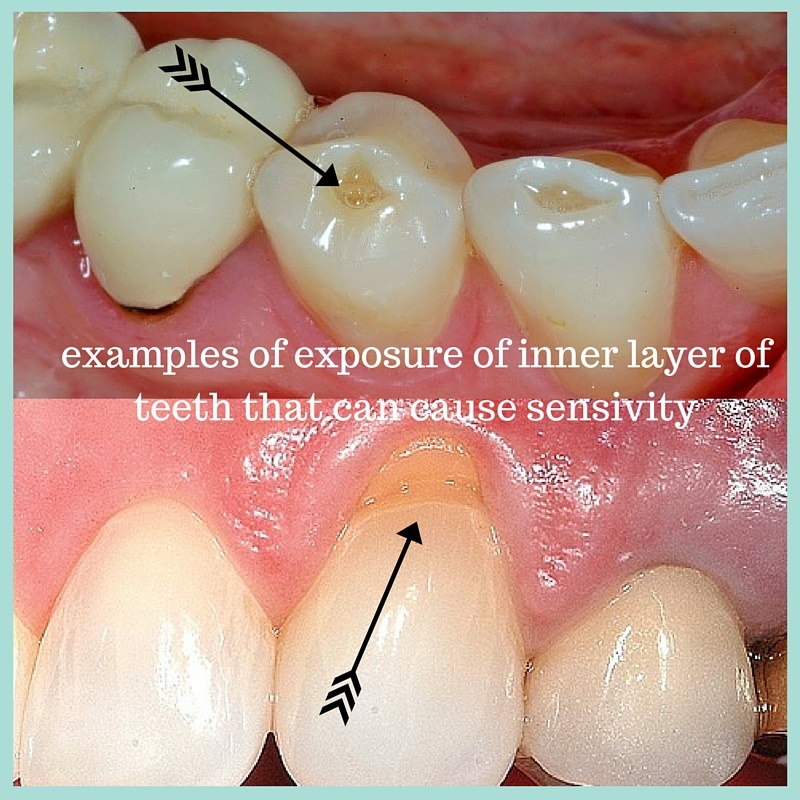
21 Aug Sensitive Teeth? Discover the Causes & Easy Fixes to Ease Discomfort
Sensitive Teeth? Discover the Causes & Easy Fixes to Ease Discomfort
Do you cringe when sipping a hot cup of coffee or when cold air hits your teeth? If you’re familiar with that sudden, sharp pain, you might be dealing with tooth sensitivity. This common dental issue affects millions of people worldwide, often disrupting daily routines and causing significant discomfort. Fortunately, understanding the causes and exploring easy fixes can help you manage and even eliminate this problem.
What Causes Sensitive Teeth?
Tooth sensitivity occurs when the protective layers of your teeth, such as enamel or cementum, become worn down, exposing the underlying dentin. The dentin contains microscopic tubules that connect to nerve endings. When exposed to hot, cold, acidic, or sweet stimuli, these nerve endings send pain signals to your brain, resulting in the discomfort you feel.
Here are some common causes of tooth sensitivity:

- Enamel Erosion: Frequent consumption of acidic foods and beverages (like citrus fruits, soda, and wine) can wear down your enamel over time.
- Gum Recession: As gums recede, the softer dentin beneath the enamel becomes exposed, leading to increased sensitivity.
- Tooth Grinding (Bruxism): Grinding your teeth, especially at night, can wear down the enamel and expose the dentin.
- Tooth Decay or Damage: Cavities, cracked or chipped teeth can expose the dentin and lead to sensitivity.
- Overzealous Brushing: Brushing too hard or using a hard-bristled toothbrush can wear away enamel and cause gum recession.
- Dental Procedures: Recent dental work such as fillings, crowns, or teeth whitening can temporarily increase sensitivity.

Easy Fixes to Ease Discomfort
While tooth sensitivity can be frustrating, there are several ways to manage it effectively:
- Switch to a Desensitizing Toothpaste: Specially formulated toothpastes can help block pain signals from reaching the nerves in your teeth. It may take a few applications before you notice a difference, so be patient and consistent.
- Use a Soft-Bristled Toothbrush: A soft-bristled toothbrush is gentle on your enamel and gums, reducing the risk of further damage. Remember to brush gently to avoid abrasion.
- Watch Your Diet: Limit your intake of acidic foods and beverages. If you do indulge, rinse your mouth with water afterward to neutralize acids.
- Practice Good Oral Hygiene: Regular brushing, flossing, and dental check-ups can prevent decay and gum disease, which are leading causes of sensitivity.
- Consider a Fluoride Treatment: Your dentist can apply fluoride varnish or gel to your teeth to strengthen enamel and reduce sensitivity.
- Use a Mouthguard: If you grind your teeth at night, wearing a mouthguard can protect your teeth from further wear and tear.
- Avoid Teeth Whitening Products: Whitening products can increase sensitivity, especially if used frequently. Consider spacing out treatments or choosing a gentler whitening option.
- Seek Professional Advice: If your sensitivity persists or worsens, it’s important to consult with your dentist. They can identify the root cause and recommend more targeted treatments, such as bonding, a surgical gum graft, or even a root canal.

Final Thoughts
Tooth sensitivity is a common yet manageable condition. By understanding its causes and adopting these simple fixes, you can ease discomfort and protect your teeth from further damage. Always prioritize your dental health and seek professional advice if necessary, ensuring a pain-free smile for years to come.



No Comments